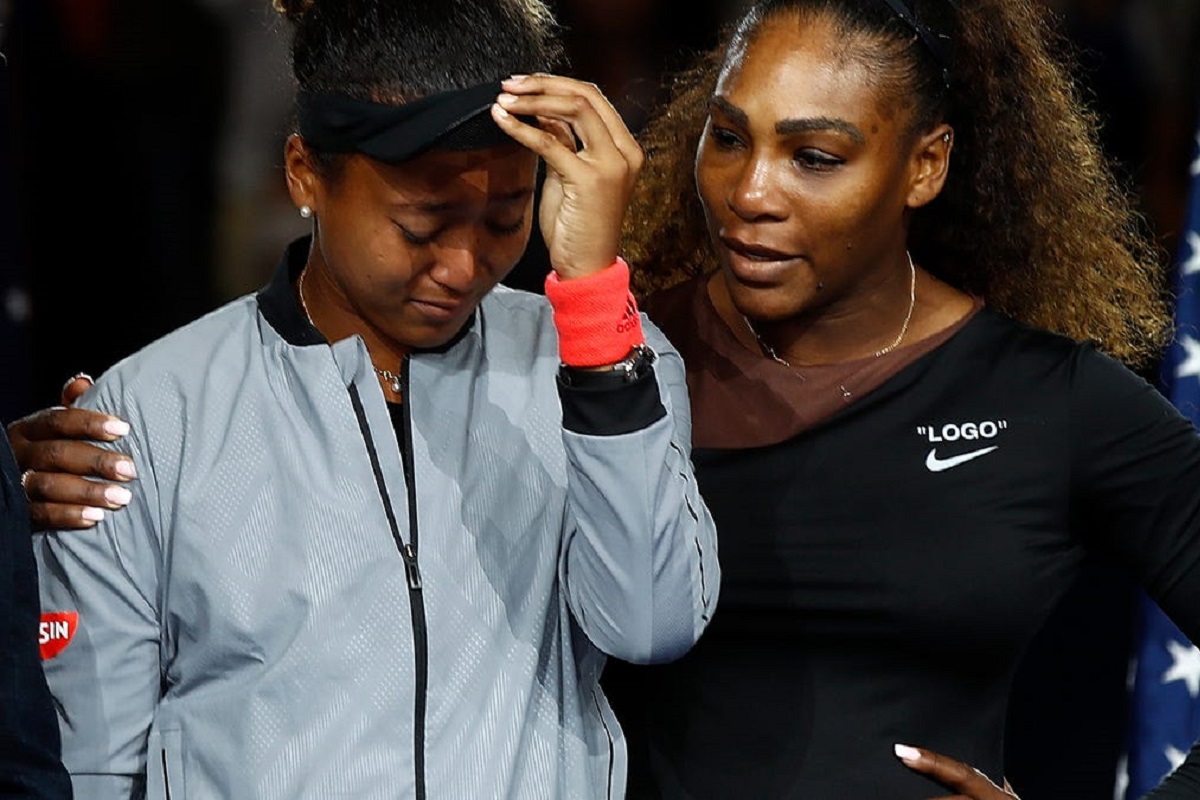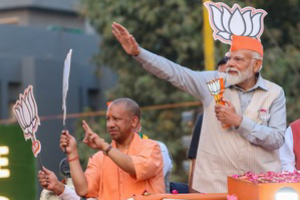One thing that served diabolically to circumscribe the general effect of Naomi Osaka’s dramatic pull-out in a never-before twist from the French Open earlier this week ~ after refusing to be bullied at the mandatory post-match Press conferences by the media and being fined for that ~ that the episode came to be looked upon, in its denouement, as a personal setback.
And only that. Stormy teacups today, maybe a page or two in her memoirs later on. As Serena Williams said that journalistic hectoring had steeled her personavl response to the way tennis now was and Boris Becker wondered aloud how Osaka would fare at the three other Grand Slams if she could not cope with the peripherals at Roland Garros, the larger question that few people cared to raise was:how long would it be before a freefor-all broke out?
The world might not have apprehended this when, years ago, Anna Kournikova, wolf-whistled at at Big W, swung right around to confront her tormentor, blurting out that he could not really afford her. But the chastened man was a lowlife reveller. It was, in contrast, a professional journalist from India who, decades ago, fetched up at a major to try and draw Martina Navratilova out on lesbianism.
As high-ups presented tennis as an upscale form of entertainment in a consumer society where the power of the pocket implied self-chosen but dubious privileges, the atmosphere around the game, previously an exclusive preserve of those attuned to its culture and traditions, worsened steadily, eventually to descend to a state where Simona Halep came to be asked at a Press conference how effective her breast reduction treatment had been, on and off the court.
Rafael Nadal, quite obviously sought to be provoked with a question about the influence of his conjugal life on his performance, could not help crying out in utter desperation: “Is it a serious query?” Novak Djokovic too has had his brushes with hacks probably completely innocent of the game but casting around for screaming headlines out of it.
Osaka, a four-time Grand Slam-winner, deserved a more humane treatment not only as she had already revealed her battles with depression, but also because she had left ample time for Roland Garros officialdom to speak to her before the show got going. But then, tennis as a whole has seldom seemed interested in most top-level players’ common complaint against a certain kind of writing around it that “kicks you when you’re down.”
Osaka’s unfulfilled departure from Paris is bad luck not only for her but for the French Open as well. Self-important off-the-court titans with a shrewd eye for chances to rake it in, and not really mindful of much else, hardly care, though.











